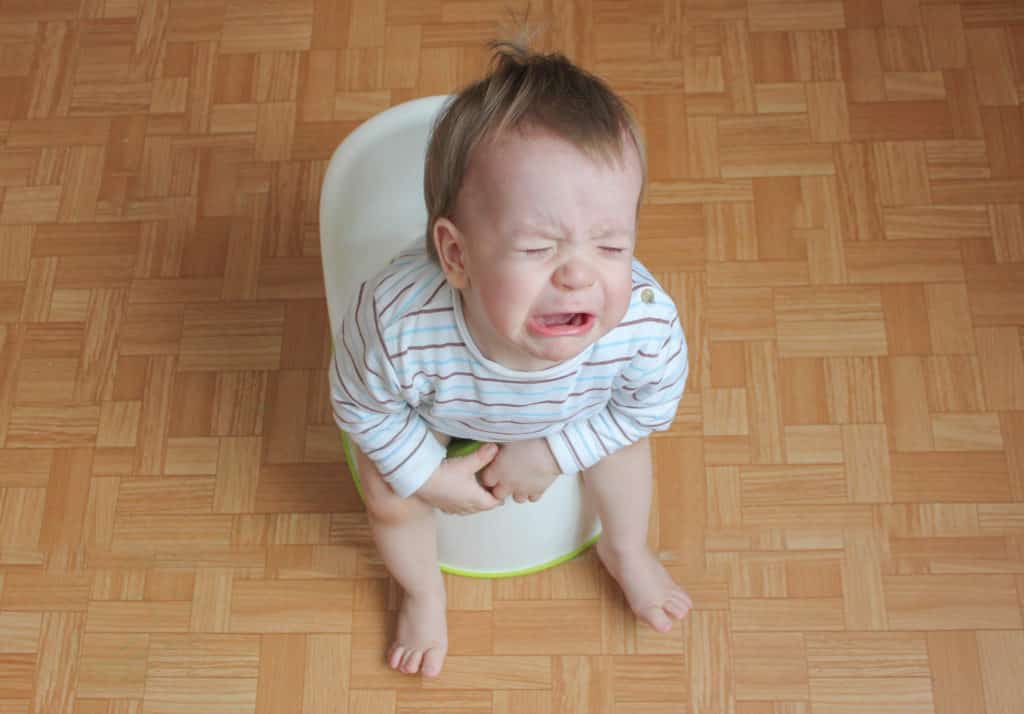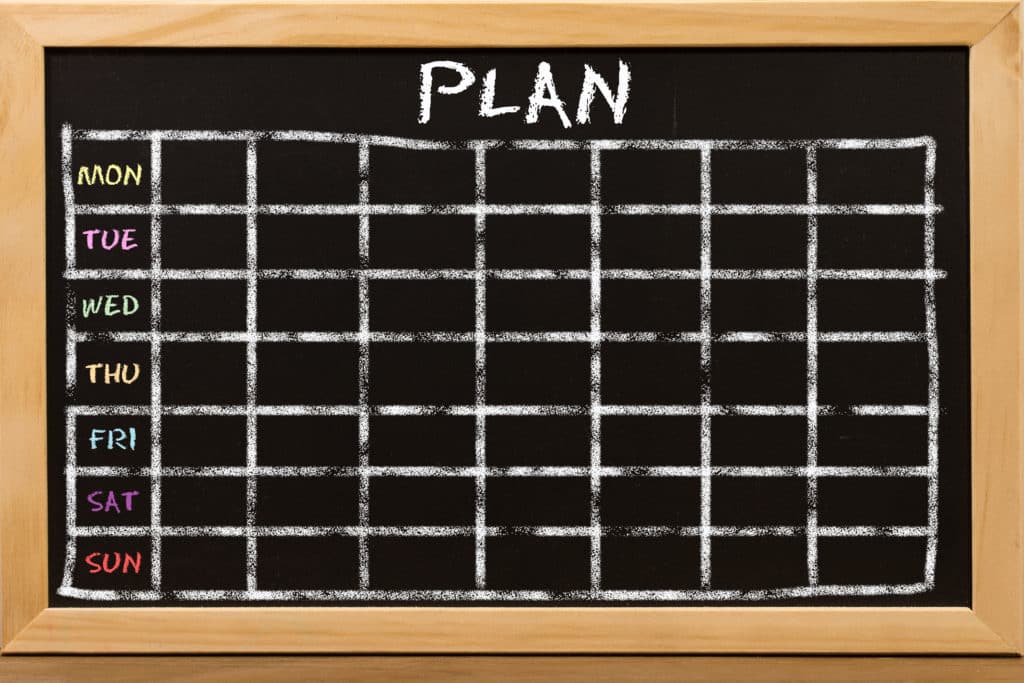Everyone expects all journeys to have an endpoint or finish line, including potty training. Potty training is an important developmental milestone for toddlers and their parents. Generally, it involves patience, resolve, and perseverance. Due to the unique nature of potty training, most parents often wonder when to start or how long it should take to potty train their toddlers.
No matter when this potty training journey starts or ends for you and your little one, we’re here to supply all the info you need and guide you through the process.
What Is Potty Training?
Potty training simply means teaching your child to pee/poo in a controlled and hygienic manner. In other instances, potty training can be referred to as toilet training. Although the duration varies for each child, at the end of potty training, your toddler should be able to:
- Effectively anticipate the need to pee/poo
- Communicate this need clearly
- Successfully expel pee/poo into the potty or toilet.
How Do I Know My Child Is Ready To Potty Train?
Unlike other developmental milestones like walking, talking or running, which occur according to a baby’s personal timeline, potty training is typically introduced by the parents. As expected, many parents worry about the ultimate potty training schedule- when to begin and how long it should last.

The American Academy of Pediatrics postulates that most toddlers begin to show signs of potty training readiness between the 18th and 24th month of life. Nevertheless, this range varies greatly depending on the child and other physical, emotional and mental factors.
To start potty training, your toddler should be able to:
- Orally communicate his/her basic needs.
- Walk to and sit on a potty/toilet with minimal help.
- Hold urine or stool for about two hours at a stretch.
- Show basic interest in toilet training or independent behavior.
How Long Does It Take To Potty Train a Child?
Sadly, there is no right answer for this.
For most toddlers, potty training takes between three to six months to complete. At age 3, most children are expected to have completed potty training. However, this is just a range because each child is unique.
For each child, potty training begins with one key factor: Readiness.
To start the process of potty training your toddler, he/she must be display signs of readiness by exhibiting any or all of the key signs mentioned earlier in this article. After this, it is important for you to find and follow the right potty training schedule.
Finding and following the right schedule is really important because it plays a vital role in the success rate of potty training for most toddlers. In fact, the American Academy of Pediatrics has observed that the longer you wait to potty train your toddler, the faster the journey may be. In contrast, toddlers who are hurried into potty training face a higher risk for urinary tract infections, constipation, and bedwetting.

Therefore, we recommend that you follow a timeline that doesn’t pressure you or your little one. Also, the time taken to potty train your child may vary based on the technique involved. In some cases, potty training may be completed in just one week or last as long as three months in some other instances.
Although the three-day potty training technique has worked for many children, it requires complete parental involvement throughout the entire process. This is especially important because you have to change soiled diapers, increase fluid intake, and encourage potty use. The longer potty training techniques require parents to develop and maintain a training routine that helps the child take little (but crucial) steps every single day.
Furthermore, if your child does not respond positively to one potty training method, don’t get worried. All you need to do is try out another method or stall the process a little longer.

Potty Training Tips for You
While potty training your toddler, you can apply the following the tips to speed up the process:
- Use the Words: As you potty train your child, remember to use important words like “pee”, “poo”, and “potty”. This would help your little one understand these words and the need to communicate them effectively.
- Ask Questions: It is important to ask your child to inform you whenever there’s a wet or soiled diaper. As potty training progresses, you can ask him/her to let you know when there’s a need to use the potty.
- Get A Potty Training Chair: To speed up the process, you can purchase a potty chair for your little one. This would aid practice and set him/her on the way to perfection.
- Create A Routine: Depending on your potty training schedule, you can establish a routine that encourages your toddler to sit on the potty chair for a specific period. This can be immediately after drinking a lot of fluids. However, you should allow your child to get up if he/she desires to.
- Respect your Child’s Opinion: Remember that being forceful won’t work. Do not make your child sit on the potty against his or her will.
- Go For Easy Clothes: You should avoid clothes like overalls or jumpsuits, which are difficult to take off. Toddlers who are potty training need to be able to undress with minimal assistance.
- Offer Encouragements & Rewards: Finally, you should offer your child potty training rewards as the journey progresses. This is a sort of prize given to a kid after going to potty with the ultimate purpose of encouraging the behavior. Click here to find the best potty training rewards for your toddler.
A Final Note from Edie & Amy
Ultimately, potty training is a personal journey for each child. Like every other developmental milestone, your child would get there at his/her own time. There is no need to rush the potty training process. Be patient, support your child, listen to his/her needs or challenges and everything is going to work out fine.
Finally, if you have major concerns about your toddler’s progress or response to potty training, please consult your pediatrician.

